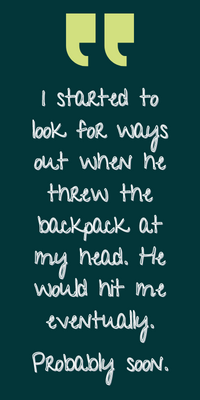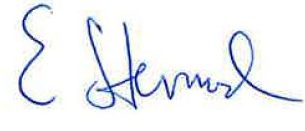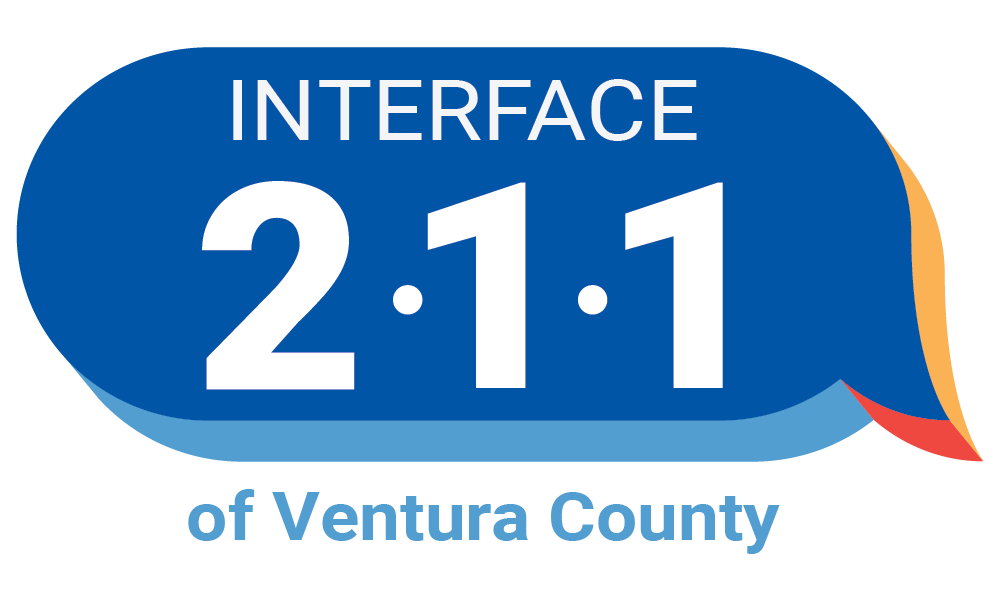I want to tell you a story of an Interface volunteer. She experienced abuse for two years. She was never black and blue, but it was still “toxic” and still abusive. Just like toxins, abusive relationships are poisonous, and they are dangerous. Her story is consistent with about 1 in 3 women in the United States. If you know three women or seven men, statistics suggest that you know one who has experienced some kind of intimate partner abuse or violence. Everyone knows someone, and this is a story written by one woman we know and have come to deeply respect for her courage in speaking out.
I started to look for ways out when he threw the backpack at my head. It wasn’t a light backpack. He was mostly trying to scare me, to bend my will once again to his anger, to his demands. I knew, with the thud of the backpack against the walls of my rental house, that he would hit me eventually. Probably soon. Two years into this, and we weren’t getting any better.

I was about to turn 21 when I met Luke. I had one last summer of freedom in Santa Barbara before flying to Barcelona to study abroad for my last semester of college. Then I would start my life in the so-called real world. He had a summer job lifeguarding at the pool I swam laps at, and goodness, was he easy on the eyes. We had met once or twice before; he was friends with my roommate. Charming, smart, and just a little bit silly, I was very attracted to him. We started flirting. I would show up more at the pool. He suddenly was at our rental house a lot.
It took no time at all for the red flags to show up. I missed them all. We kissed and then we were together all the time. We said, “I love you” within two weeks. He pressured the physical part of our relationship very early, saying things like, “I’ve never known anyone like you. I need you. If you loved me like I love you….” He found little ways to establish dominance over me. One time I made margaritas at my place, and I remember him pushing me to take tequila shots, which I never did. I was never a big partier. He seemed annoyed that I wouldn’t even try his dare, so I agreed. Why not? I remember one time he planted a question like, “If you could change anything about me, what would you change?” I don’t remember my answer, but I remember his when he answered his own question about me: “You should lose about 20 pounds.”
I left for Spain and, unfortunately, squandered my time there in internet cafes, Skyping with Luke. During that time, he cheated on me and smoked a lot of weed, but blamed my absence for his behavior: “I’m so sorry. I’m just struggling so much without you here. It didn’t mean anything. It won’t happen again. I just need you so much.” When I spent time with male friends on my program, he made it clear that it was unacceptable: “You’re just too beautiful, and I know you’ll fall for someone. Don’t do that. I couldn’t function if you left me for someone else.” He would get angry when I pushed back. Confused about these unreasonable boundaries, I often would just sigh and go along with them. The fights weren’t worth it. As the frequency of conflict increased, the intensity of his anger was too much to fight all the time. I didn’t have the emotional energy for it.
Why? Why didn’t I have the energy for it? Because I’d spent my life fighting with unreasonable men. My dad and my brother both struggle(d) with addiction. I was prone to codependent relationships in which my job was to keep other people happy. I believed lies about myself like, “If you try hard enough, you can fix other people. They’re struggling, and their needs are so much greater than yours. You are strong enough to help change them.”
I came back from Spain and moved into a little rental house with some friends. Within a month, he moved into a house two doors down. He might as well have lived with me. There were no hours of the day in which he was not there. I started to lose my friendships. They didn’t like him much, and he knew it. Luke would speak negatively against them, insisting that they didn’t like me or didn’t understand me the way that he did. I believed him. Annoyed, even my closest friends neglected to share their concerns with me and I saw them but rarely. He gradually isolated me from every significant relationship in my life.
I couldn’t keep a job. Luke’s demands for me to stay home with him, to spend money on him—including from an expense account I had with my first job out of school, to be angry at anyone who interrupted his influence in my life, meant that my work ethic unraveled. I was constantly an emotional wreck. Gaslighted into believing that my problems at work were my fault and not the result of control and abuse, I could not emerge from a vortex of shame.
We started seeing a couple’s counselor when he hacked into my computer and deleted all of the male contacts in my email accounts. I can’t imagine what he would have done if I had had a smartphone. The counselor looked me in the eyes and said, “Is this a deal breaker for you?” She was hoping I would say yes. Because it took her less than ten minutes to figure out what was happening: this young man was abusing me. Instead, I went into a long-winded monologue explaining that if she just knew the context, she would understand that I needed to work on my communication skills. It wasn’t all his fault, I said. She suggested that I see a therapist myself and referred me to someone with expertise in, she said, adult children of alcoholics. That therapist was also an expert in domestic violence. I will be grateful for her until the end of my life.
My therapist was shrewd. She never told me that I was a victim of abuse. I would have stopped seeing her. No, she found other ways to help me get out first. She showed me that relationships like that, and like those I had grown up with, were about control. My relationship wasn’t difficult because I was difficult. No, this relationship was difficult because I was difficult to control. I was stronger than he wanted me to be. When he threw the backpack, I knew that I wanted out.
It took me another few months to leave. I had to move to another place to get away, and that took time to coordinate. I started to heal. I did a lot of therapy, started reestablishing my finances, and received grace from friends who welcomed me back. Six months after leaving, I started dating the man who is now my husband (still, many years later). Luke found out about our relationship. He broke into my house, stole my phone, and left messages on my computer saying that he wanted to impregnate me so that I would have to come back to him—a rape threat. He promised change. The difference was that I had changed.
The police wouldn’t help. I notified my pastor, who called Luke’s parents. They flew out and ensured that he got help. I never heard from him again. For years, every time I saw a car like his, my heart would pound. It wasn’t until I began studying domestic violence that I understood what had happened to me. It was when I had that language that I started to heal more deeply. I was not alone. I was not stupid. I was not a weak woman. He was an abuser and he needed help that I could never offer him. I moved from fear and hatred to compassion and forgiveness. I don’t have any desire to see Luke ever again. But I also don’t look back on that time in my life with pain anymore. I have used my story to educate young women, to speak what I needed to hear at that age. My story also brought me to serve our community by working with Interface. I am so grateful.
____________________
Our job at Interface Children and Family Services is to help people like our volunteer. We provide safe exits and shelter from dangerous relationships like this. Luke’s behavior indicated that he was a physical threat to this woman, and she was statistically more likely to have been injured or killed after exiting this relationship. We also help women to heal after experiencing abuse and violence by offering evidence-based therapy, financial and professional resources to get back on their feet. Another significant part of our work is making sure that women like our friend do not experience domestic violence in the first place. We work hard to educate students in middle school—the age just before many young men and women experience their first abusive encounters—by presenting at schools and holding “office hours” for students to have a space to talk or report.
We all know someone with a story like this. It’s not enough to hear the stories after the fact, though. We need to learn to spot them in action. We’ve said it before and we’ll say it again: if you see something, say something. This woman’s abuse stopped because of a therapist’s intervention, but you do not have to be an expert to step in and help. Not all violence is physical, and any kind of abusive behavior is wrong. If you or someone you love is experiencing violence—psychological, sexual, digital, economic, spiritual, or physical—you can call our hotline at 1-800-636-6738. You can also call 2-1-1 or the National Domestic Violence Hotline at 1-800-799-SAFE (7233).



